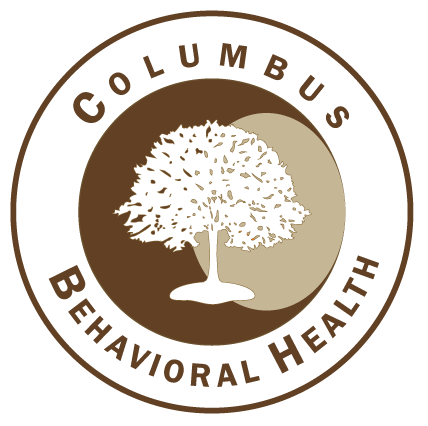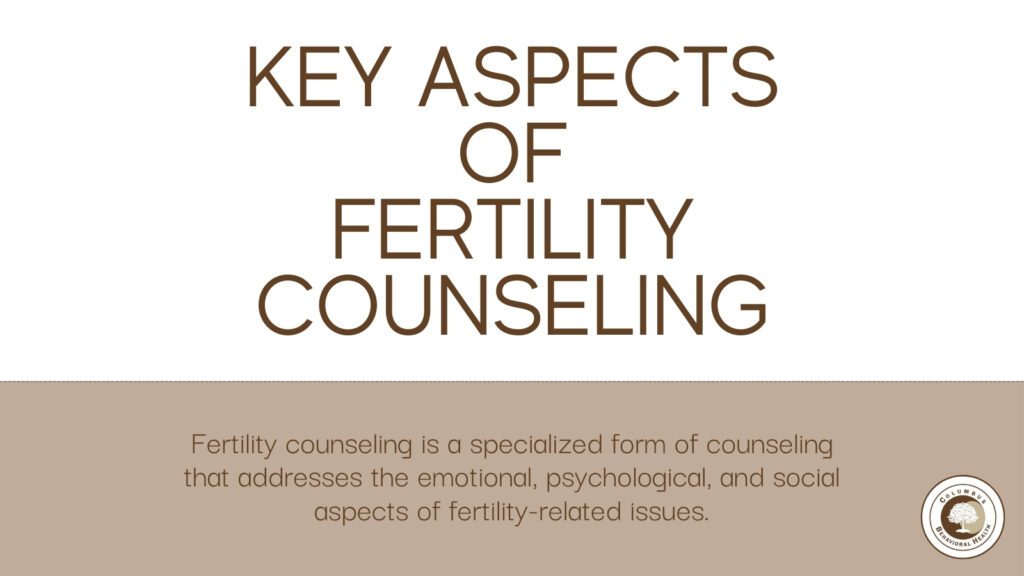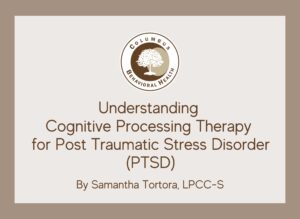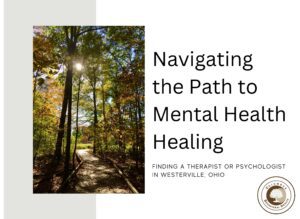Fertility counseling is a specialized form of counseling that addresses the emotional, psychological, and social aspects of fertility-related issues. It is designed to support individuals and couples who are facing challenges or concerns related to fertility, conception, and reproductive health.
Here are some key aspects of fertility counseling:
- – Non-judgmental, Emotional Support: Fertility counseling provides a safe and supportive space for individuals and couples to express their emotions and navigate the complex feelings associated with fertility issues. This can include feelings of frustration, sadness, anxiety, guilt, and even grief.
- – Communication: The process of trying to conceive can often put a strain on relationships. Fertility counseling helps improve communication between partners, fostering understanding and empathy. Open and honest communication is crucial during this time, and counseling can provide tools to enhance these skills.
- – Education: Fertility counselors offer information and education about reproductive health, the fertility process, and available treatment options. Understanding the medical aspects of fertility can empower individuals to make informed decisions about their reproductive choices.
- – Coping Strategies: Dealing with fertility challenges can be stressful. Fertility counselors help individuals and couples develop coping strategies to manage stress, anxiety, and the emotional toll of the fertility journey. This may involve relaxation techniques, mindfulness, and stress-reduction strategies.
- – Decision-Making Support: Fertility counseling assists individuals and couples in making informed decisions about their reproductive options. This may include discussions about fertility treatments, adoption, or other family-building alternatives. The goal is to help individuals and couples make choices that align with their values and preferences.
- – Grief and Loss: Fertility counseling addresses the grief and loss that can accompany unsuccessful attempts at conception, miscarriages, or other reproductive challenges. It provides a space to process these emotions and find ways to move forward.
- – Lifestyle Factors: Fertility counselors may provide guidance on lifestyle factors that can impact fertility, such as nutrition, exercise, and stress management. Making positive lifestyle changes can contribute to overall reproductive health.
- – Support Groups: In addition to individual counseling, some fertility counseling programs offer support groups where individuals or couples can connect with others facing similar challenges. This sense of community can be comforting and provide a platform for sharing experiences.
Fertility counseling can be a valuable resource for those navigating the emotional rollercoaster of fertility challenges.
Fertility Counselors
Several of our wonderful team of providers (Stephanie Eich, Whitney Quinn, Carla Morris, and Amy Bush) can help you feel less alone and overwhelmed by your fertility journey. Schedule online today to take the first step towards feeling like yourself again!





